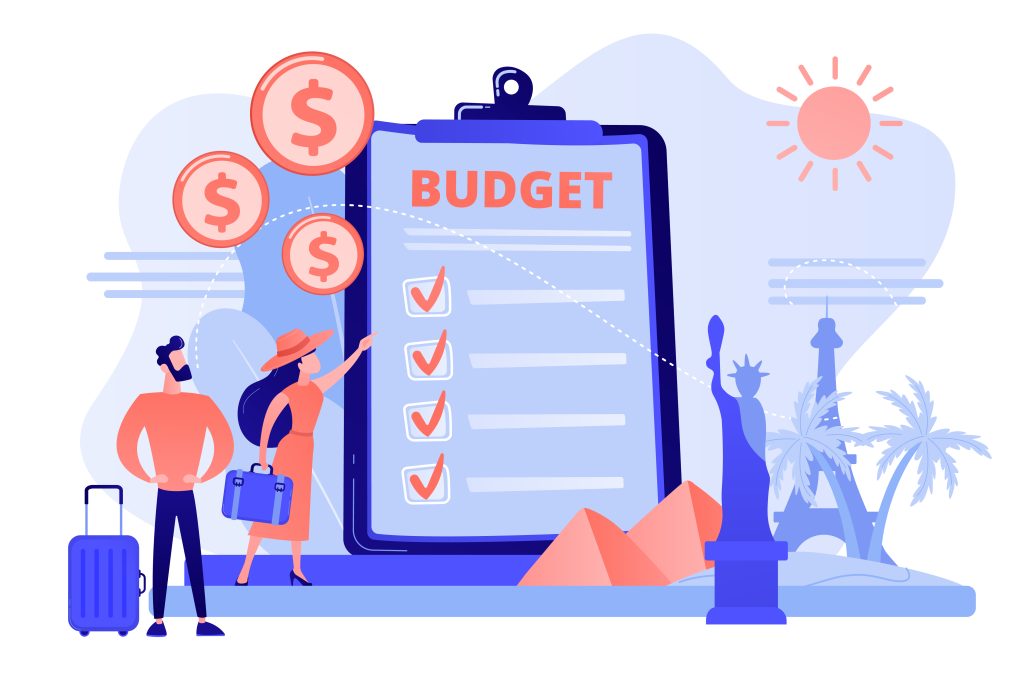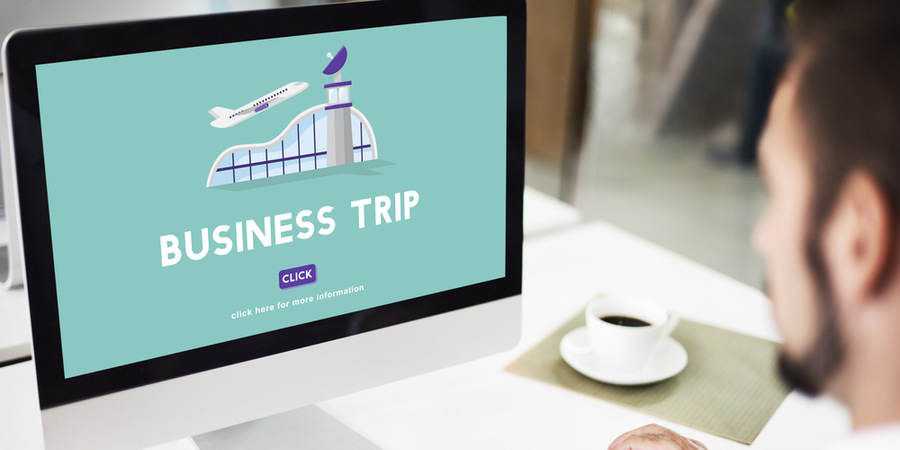Planning corporate trips involves more than just booking flights and hotels—the hidden costs on business travel can quietly inflate your company’s budget. While obvious expenses like airfare and accommodations are easy to track, overlooked charges such as transaction fees, laundry, or Wi-Fi can add up quickly. These unseen costs not only affect financial planning but can also lead to budget overruns if not managed carefully. Being proactive about identifying and budgeting for them is essential for cost-effective corporate travel.Planning a corporate trip may seem straightforward, but it’s anything but simple. From budgeting to ensuring employee safety, travel managers have their hands full. Among the most overlooked elements are hidden travel costs—expenses that don’t show up in the initial estimate but can significantly impact the final budget.

1. Transaction Fees
First and foremost, watch out for transaction fees. Many online payments, especially international ones, include processing charges. These can also include currency conversion and convenience fees if using third-party booking platforms. Though small individually, they add up quickly over multiple transactions—especially when spread across a large team.
2. Cancellation and Change Fees
Next, cancellation and rebooking fees can sneak up on you. These charges often vary by airline, hotel, or booking site and can be surprisingly high. It’s best to plan thoroughly and read the terms and conditions carefully before confirming bookings. Building strong supplier relationships may also help reduce these fees.
3. Meals and Incidentals
Although meals are expected during travel, extra charges for snacks, beverages, and incidentals are often ignored. Beverages—particularly alcoholic ones—are usually priced at a premium. Additionally, employees may buy snacks or coffee during the day, which adds to the expense. Therefore, it’s wise to include a comprehensive meal allowance in the travel budget.
4. Ground Transportation
While flights and hotel transfers are typically covered, costs like airport parking, tolls, and last-mile transport can be forgotten. Even app-based rides can vary significantly by region and time of day. Using transportation cost estimators or including buffer allowances in the budget can prevent surprises later.
5. Wi-Fi and Communication Charges
Even though many hotels offer complimentary Wi-Fi, high-speed internet or access at airports often comes with a fee. Moreover, international data roaming and phone charges can spike without pre-arranged plans. To stay connected without breaking the bank, consider offering employees data allowances or corporate SIM cards.
6. Laundry and Dry Cleaning
For multi-day or high-stakes trips, professionals often need laundry or dry-cleaning services. These are particularly essential for maintaining formal attire, yet the costs can be substantial at upscale hotels. Including a laundry budget—especially for longer trips—is a smart move.
7. Travel Insurance
Although not completely hidden, travel insurance is frequently underestimated. Unexpected issues like medical emergencies, missed flights, or lost luggage can incur serious costs. Comprehensive insurance ensures peace of mind and financial protection for both employees and the company.
8. Opportunity Costs
Whenever employees are away from the office, there’s a potential opportunity cost. Important tasks or meetings might be delayed or reassigned. While not an out-of-pocket expense, it’s worth factoring into the overall cost-benefit analysis of each trip.
9. Lost Productivity
Travel fatigue, jet lag, and long layovers can reduce efficiency. The time spent in transit or recovering after arrival is often unproductive. While this can’t be entirely avoided, accounting for it helps managers plan workloads more effectively.
10. Event or Conference Fees
If attending an event, additional costs like registration fees, exhibitor booths, or networking passes may apply. These often don’t appear in the original budget unless the event is the primary focus of the trip. Always confirm whether participation includes extra charges and allocate accordingly.
11. Equipment and Technology
Finally, employees may require specialized tech like presentation tools, portable Wi-Fi hotspots, or business laptops. Renting or replacing forgotten items on the go can drive up expenses. Ensuring all necessary tools are packed in advance—or having a contingency budget—can prevent last-minute overspending.

Why Tracking Hidden Travel Costs Matters
To summarize, hidden business travel costs—if ignored—can easily derail a well-planned trip. Travel managers should proactively identify these expenses and include them in the corporate travel budget.
By educating employees, using automated booking tools, and setting clear travel policies, companies can manage and minimize these overlooked costs.
Hidden Costs on Business Travel – FAQs
Q1: What are hidden travel costs in corporate travel?
Hidden costs are often overlooked expenses like booking fees, snacks, Wi-Fi, or dry cleaning that aren’t part of standard travel estimates.
Q2: How do transaction fees affect the travel budget?
They can quickly accumulate—especially on international purchases—impacting your total spend if not accounted for upfront.
Q3: How can businesses reduce change and cancellation fees?
By planning in advance, building relationships with vendors, and understanding supplier terms before confirming bookings.


